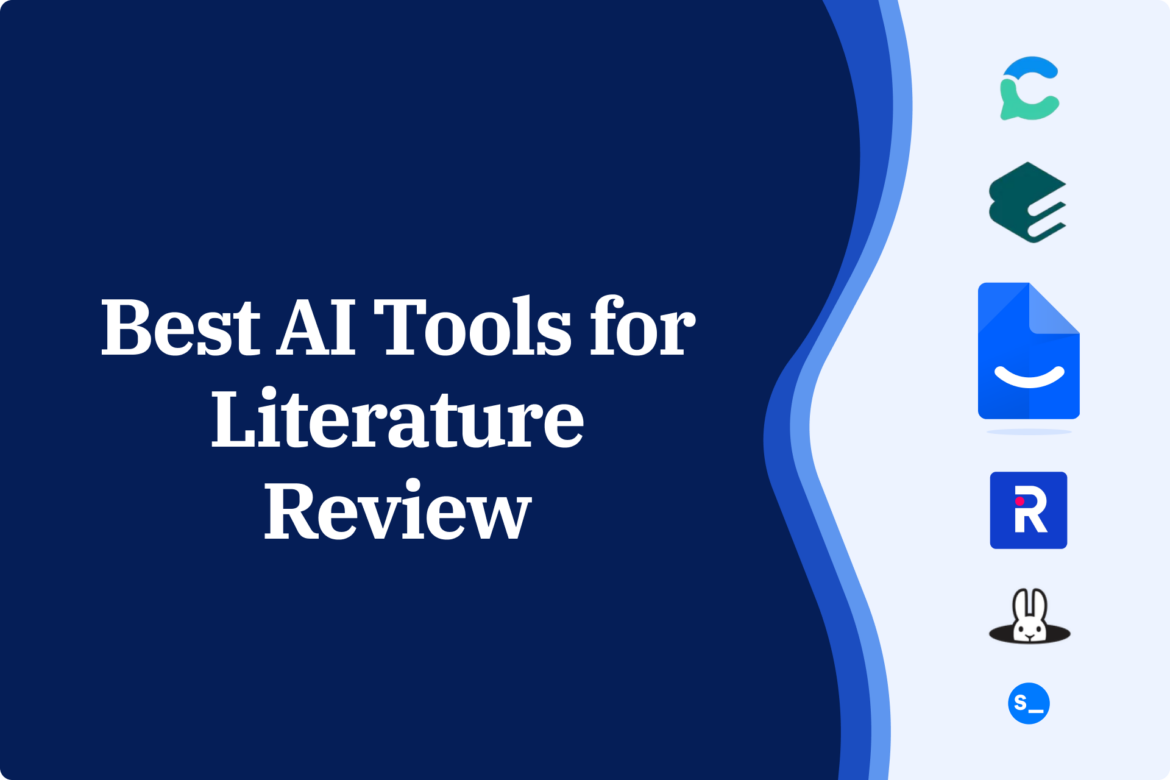An essential step in the academic workflow, a comprehensive literature review can take anywhere from a few months to over a year, depending on scope and topic familiarity. It’s not just another chapter, this often shapes the direction, credibility, and positioning of your entire research project. And that’s where the pressure usually begins. I’ve had this conversation with …
Academic Writing Guides
Ready to end the struggle of wading through endless PDFs, making sense of scattered notes, and dealing with slow progress on literature reviews? Join us for our next session in The AI Exchange Series led by academic expert Ilya Shabanov, who will share a faster, more structured way to read, analyze, …
Academic writing has always rewarded clarity, structure, and precision. But now those same strengths have begun to work against students and researchers, making their writing seem suspicious to an AI detector. It’s not because your writing style changed, but because the increasing use of AI has transformed how academic writing is evaluated today. Many AI detection tools struggle to separate polished human writing from machine-generated patterns, …
A literature review1 is an important section in a document and consists of an overview or discussion of the existing research in the field. This section is important because it helps readers understand the context and background of research conducted by authors and the previous works referred to in the research process. This section is usually quite detailed and describes related prior …
You’ve finally finished drafting your article, with some help from AI, and run your writing through an AI content checker. The result makes you pause. And before long, you’re searching for the best AI humanizers or looking up tips on how to humanize AI content. But before rushing to use AI humanizers, take a minute to ask yourself: Will using AI humanizing tools to make AI-generated text more ‘human-like’ actually simplify the process or does it risk introducing new red flags in your academic writing? What is an …
Research methodology is a structured and scientific approach used to collect, analyze, and interpret quantitative or qualitative data to answer research questions or test hypotheses. A good research methodology answers your research questions ethically and clearly explains why you made each methodological choice. If your study were repeated under similar …
A literature review is a critical analysis and synthesis of existing research on a particular topic. It provides an overview of the current state of knowledge, identifies gaps, and highlights key findings in the literature.[1] The purpose of a literature review is to situate your own research within the context of …
A research paper appendix is an often underappreciated element of the submission package. The appendix in a research paper typically contains supplementary material relevant to your study. Such an appendix helps maintain the flow and readability of the main text while providing readers with additional details that support the research findings. Appendices in research papers are especially useful for including raw data, detailed calculations, interview transcripts, and other supporting documents that would otherwise …
People frequently share their thoughts and experiences through various channels, including interviews, surveys, reviews, social media posts, and everyday conversations. While this kind of feedback is valuable, it is often scattered and unstructured, making it hard to see the bigger picture just by reading individual responses. That’s where thematic analysis becomes useful. Instead of treating each comment individually, it …
Patterns surround us in everyday life—when one variable changes, another often seems to follow. Noticing these patterns leads to questions about whether the two are connected. This is where correlational research design becomes especially useful, as it allows researchers to explore possible relationships between variables that occur in real-world settings. This study provides a clear overview of correlational research and …












